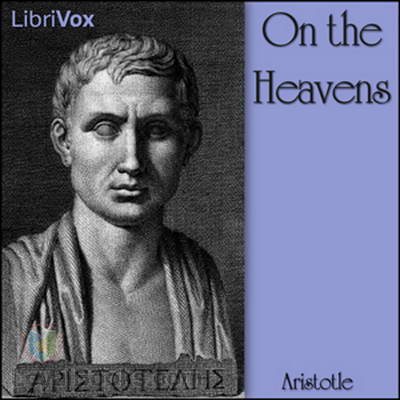On the Heavens by Aristotle is a thought-provoking work that delves into the nature and behavior of the celestial bodies. Aristotle's systematic approach to studying the heavens, using logic and observation, sets this book apart from others of its time.
The clarity and elegance of Aristotle's writing make complex concepts easy to grasp, even for those unfamiliar with astronomy. His explanations of the movements of the stars and planets are both informative and captivating, drawing the reader in with their poetic descriptions.
One of the strengths of this book is Aristotle's ability to blend philosophical speculation with scientific inquiry. He delves into questions about the nature of the universe and the role of the heavens in shaping human existence, all while grounding his ideas in rigorous observation and reasoning.
Overall, On the Heavens is a timeless work that offers valuable insights into the natural world and our place within it. Whether you are a student of philosophy, science, or simply curious about the cosmos, this book is sure to provide a stimulating and rewarding read.
Book Description:
On the Heavens (Greek: Περί ουρανού, Latin: De Caelo or De Caelo et Mundo) is Aristotle's chief cosmological treatise. In it Aristotle argues that the Earth is a sphere by pointing to the evidence of lunar eclipses. Aristotle also provides a detailed explanation of his theory of 'gravity' arguing that things which contain 'earth' fall towards the centre of the Universe because 'earth' is naturally attracted to the centre of the Universe. Aristotle argues that if the planet Earth was moved to the location of the Moon then objects which contain 'earth' would not fall towards the centre of the Earth but rather towards the centre of the Universe. Aristotle believed that the more 'earth' an object contained the faster it would fall. Aristotle argues that there is another type of matter called 'fire' which is naturally repelled from the centre of the Universe. In addition to his own theories Aristotle expounds the theories of the Pythagoreans (that the Earth is one of the stars and that numbers are the literal building blocks of our world) and Democritus (that matter is made of atoms and objects float because of the motions of these atoms).
